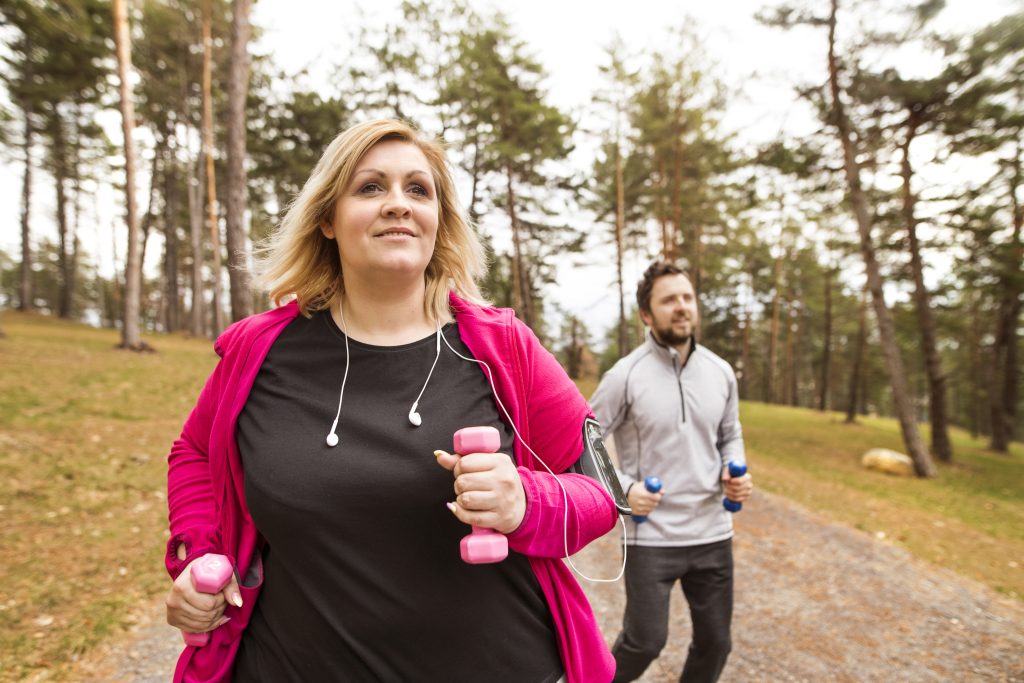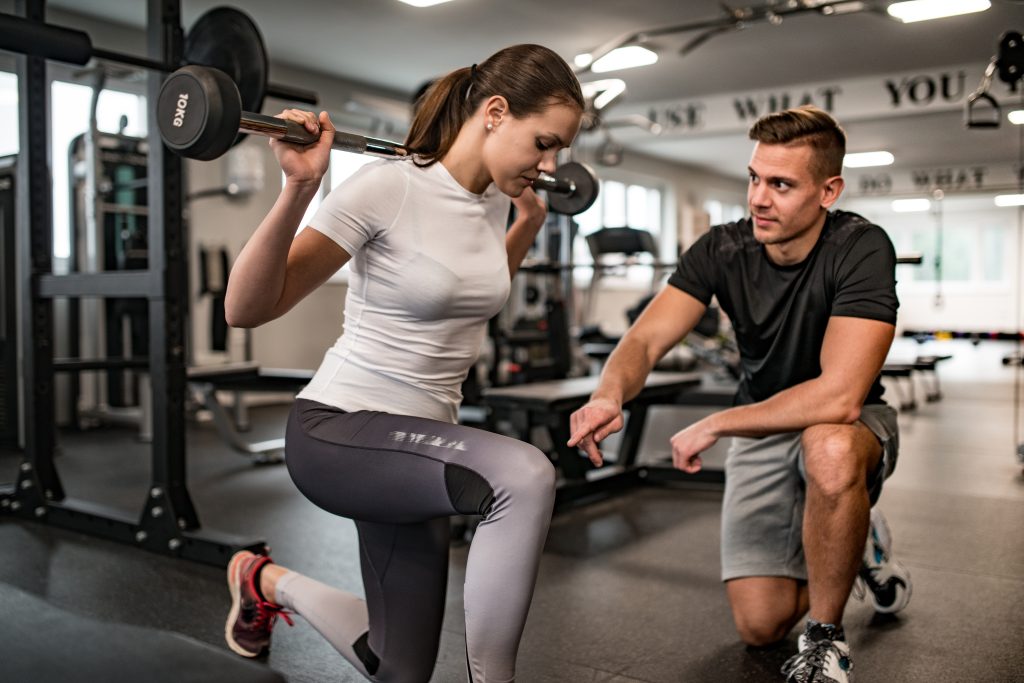Who Can We Help?
Managing Pain
Everyone has a different story and understanding all the moving parts is integral in knowing how to develop your plan. An Accredited Exercise Physiologist can listen to your history, delve deeper into your pain beliefs and develop a plan for you to understand your pain more and to help overcome it.

Intellectual Disability
Regular exercise can have an impactful effect on overall physical health by improving cardiovascular fitness, strength, flexibility and reduces the risk of diseases associated with a sedentary oriented lifestyle. By engaging in a structured exercise program, which focuses on movements and goals tailored towards the individual, exercise can help improve independence and capacity to manage life skills. It also provides an avenue for developing social skills being involved in private, group or community based exercise.
Type-II Diabetes Management
Type-II Diabetes diagnosis rates have been rising, research shows that engaging in regular and structured exercise can have a positive impact on your blood glucose levels. In particular, resistance and aerobic training are most potent in this regard. Not only does exercise have a scientifically proven impact on blood glucose levels, but it also has the added benefit of improving other parts of your body such as cardiovascular health, strength and muscle mass.

Osteoporosis
As we all age, our strength, cardiovascular ability and bone mass reduce at a normal rate. However, if any of these factors reduce at a faster rate compared to the normal population, conditions such as osteoporosis or cardiovascular disease become more apparent. Engaging in weight bearing, resistance orientated movements and aerobic exercise can help you maintain your capacity and function, whilst also reducing the risk of bone fractures or cardiovascular events.
Neurological Disorders
Exercise can help to improve strength, balance, coordination and endurance which can all be symptoms of common neurological conditions. Overall exercise can impact in positive ways towards mental health and sleep quality.

Maintaining Capacity
As we all age, our strength, cardiovascular ability and bone mass reduce at a normal rate. However, if any of these factors reduce at a faster rate compared to the normal population, conditions such as osteoporosis or cardiovascular disease become more apparent. Engaging in weight bearing, resistance orientated movements and aerobic exercise can help you maintain your capacity and function, whilst also reducing the risk of bone fractures or cardiovascular events.
Post-Injury Rehab
Injuries happen, however gaining your ability post-injury is very important in not only mitigating the risk of future injury, but also allowing for an increase in capacity and function of the injured area. Through a detailed assessment, there will be areas that can be improved and developed to get you back feeling confident post-injury. Also, analysing your training / playing load and having external insights into how these factors can play a part in your injury helps you understand for the future when it may be suitable to modify aspects of your training / playing.

Cardiovascular Health
Engaging in regular movement, activity and exercise are all ways that can develop your heart, lung and blood vessel function. Exercise is proven to have positive impacts on your blood pressure and cholesterol levels. Through exercising and being more active, your blood vessels develop a greater ability to distribute blood around your body which makes it easier for your heart to supply your working or resting muscles.
Cancer
Exercise plays an important part before, during and after cancer treatment. Exercise is proven to improve overall physical function and capacity and reduce fatigue levels. By engaging in regular exercise it also can develop muscle mass which aids in reducing muscle and joint soreness. It also has a positive influence on immunity and overall well being.

Mental Health
Engaging in a structured exercise plan can help to reduce the symptoms of depression and anxiety. It helps to improve your mood and demeanour and can have a positive impact on your self-esteem and can build confidence as exercise causes changes to occur in your strength and physical function.
